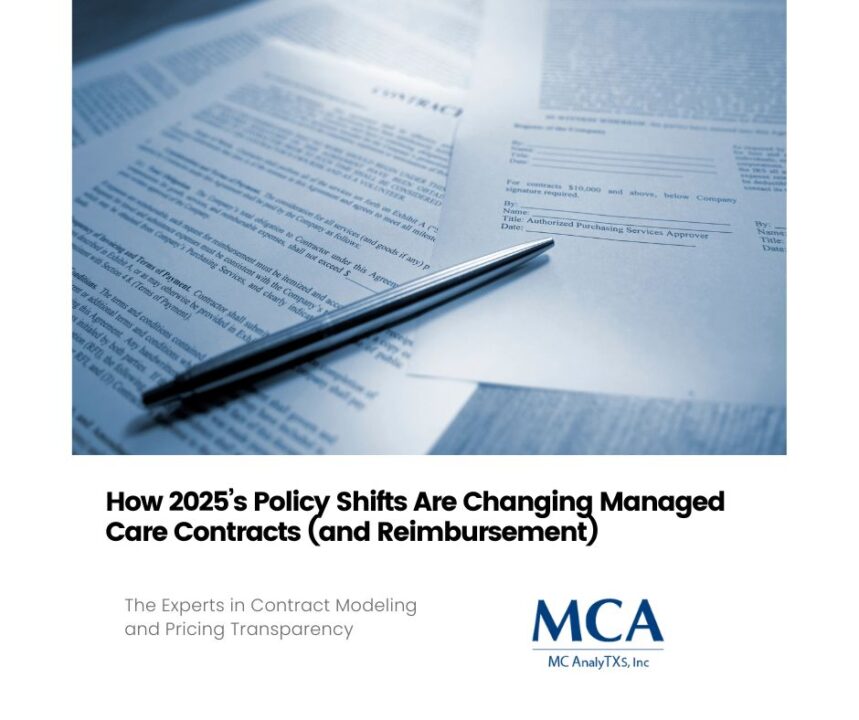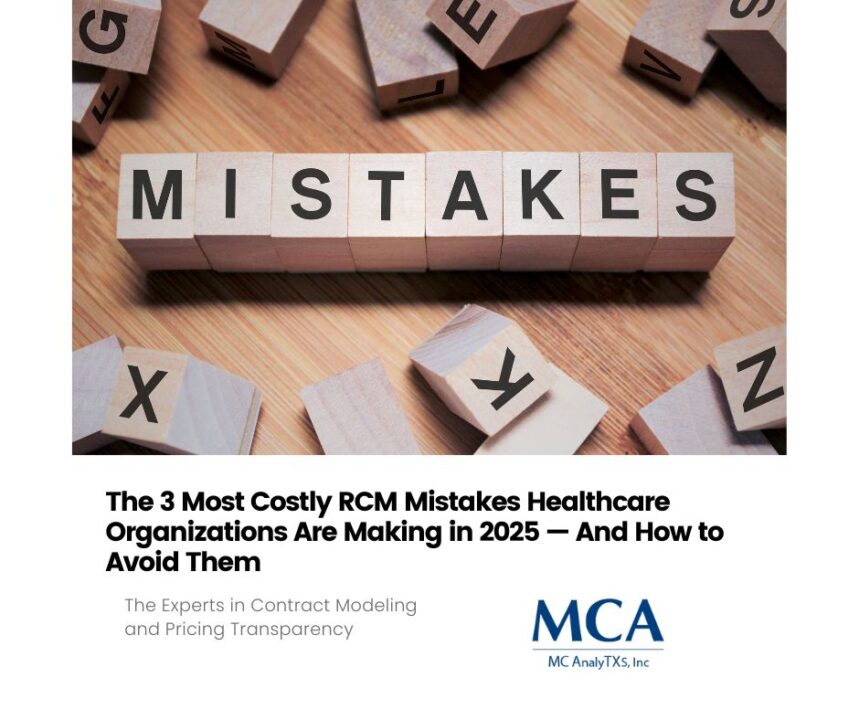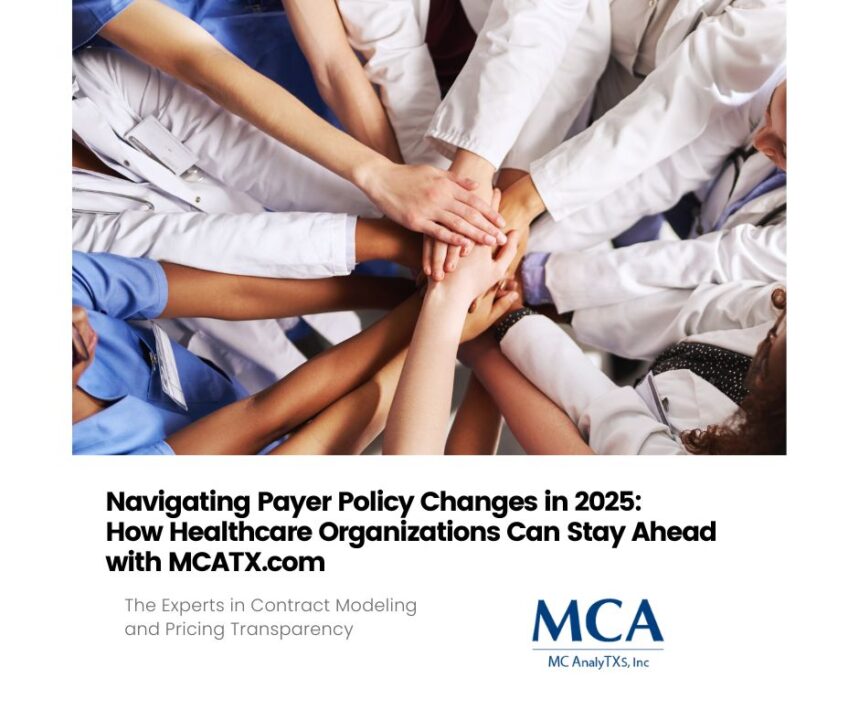
Overcoming Reimbursement Challenges from Healthcare Payers to Reduce Mounting Denials and Impact on Hospitals
December 6, 2023
The Lower Costs, More Transparency Act: What You Need to Know
December 11, 2023The complexity of healthcare revenue cycles only seems to increase every day.
Payment delays and denials further add to the existing challenges making it difficult for healthcare organizations to achieve a healthy cash flow.
One of the most common reasons for payment lags and denials is the payor contracts that are not robust enough to ensure timely compensation.
Healthcare entities must ensure their contracts with payors are favorable and effective for minimizing revenue risks.
In this article, we will explore several strategies for tightening your payor contracts to prevent payment lags and denials to give you the much-needed edge.
Audit Your Existing Contracts
The first step in ensuring you have effective contracts with your payors is to audit your agreements to determine areas that may be causing payment lags and denials.
Organizations should review their contracts regularly to determine whether their agreements are current and meet the latest industry standards.
This review should focus on the rates, fee schedules, and payment time frames, among other agreements on services offered. The audit should ensure legal compliance, but more importantly, ensure transparency and fairness since these are essential components of successful contracting.
Negotiate Favorable Payment Terms
The second step in ensuring favorable contracts with payors is to negotiate payment terms that are friendly to your revenue cycle management.
Healthcare providers should negotiate favorable terms that support the payment of fair and timely reimbursements. Besides, organizations should identify the types of payment arrangements, including fee schedules, capitation rates, or per diems, that deliver the best return on investment.
A comprehensive understanding of the organization’s cost structures and reimbursement structures is necessary for effective negotiation.
Ensure Contract Compliance
Once favorable payment terms have been negotiated, organizations should ensure payors are compliant with the negotiated terms.
Compliance auditing should seek to detect compliance issues that could cause payment delays or denials.
Denial management is crucial to prevent financial instability in healthcare organizations, so organizations must ensure that contracted services are appropriately billed and accurately captured.
Compliance will also involve renegotiating contracts with non-compliant payers, which will help prevent payment lags and denials.
Institute a Contract Management Program
Effective and efficient contract management helps to minimize risks and improve revenue stream predictability.
Contract management ensures that contract compliance activities are well-coordinated and managed.
Besides, it ensures that renegotiations happen early, leading to maximum revenue recovery.
The program ensures that all stakeholders are aware of the payment structure and timelines while accommodating the limitations of the payors.
The program can be formal or informal, depending on the complexity of the contract, but it should have clear objectives, processes, and timelines to measure performance.
Leverage Technology
Healthcare organizations must leverage technology for tighter contracts and timely payments.
Contract management software and enterprise resource planning (ERP) solutions are essential tools to manage values flowing into healthcare entities.
Contract management platforms offer transparency and ensure contract compliance, which helps to prevent payment lags and denials.
The technology platforms’ analytics offer insights into contract performance, which helps identify risky areas early, enabling providers to renegotiate terms early enough.
Conclusion:
In conclusion, healthcare organizations must ensure their payor contracts are robust to minimize exposure to payment lags and denials.
Successful contracting depends on effective negotiations, compliance management, and technology solutions.
Healthcare providers must develop a contract management program that helps ensure that they have deep knowledge of the terms, renewal timelines, and varying payment structures.
Organizations that embrace best practices like these will achieve greater financial sustainability while focusing on the patient’s outcomes and experience.
To learn more join our webinar on December 14th, at 1 pm CST





